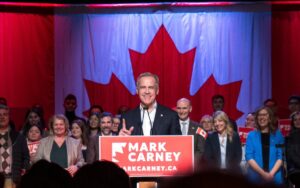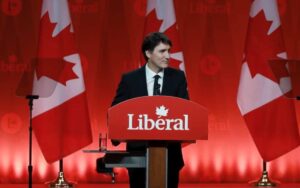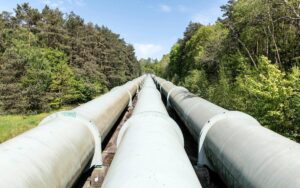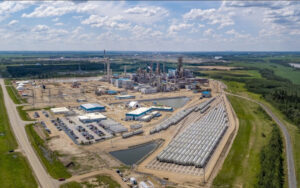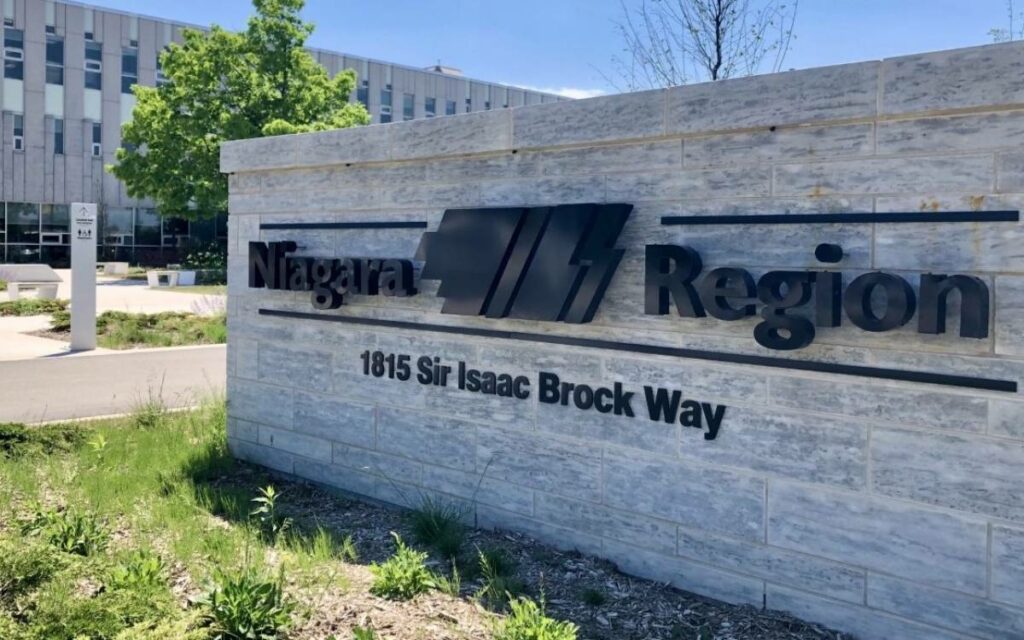
At a time when just about everything costs more and people are already holding on by a thread.
Get ready for your 2023 double-digit property tax bill.
As recommended by regional staff last week, and approved by the budget review committee Thursday night, the 2023 property tax bill will be one of the highest bill ever issued by the regional municipality. The double-digit property tax bill comes at a time when Niagara residents are experiencing increased costs to their grocery bills, gas bills, utility bills, and other essentials of living impacted by inflation.
But it’s actually worse than it seems.
In addition to the operating budget increase of 9.4 per cent, the final tax bill will also include a percentage related to the $55 million to operate the newly formed regional public transit commission. Then, you need to add another 2.5 per cent to the final tax bill for the capital budget and another 5.5 per cent for garbage and recycling.
Even with the above, the final tax bill is still not done. You also need to add the education tax (which the Ford government frozen over the past few years) and the increases imposed for local municipal taxes.
Where is the $280K home?
In the staff report regarding the budget recommendation, for a residential home assessed at $278,764, it is suggested that the tax bill will increase from $1,620 (adjusted to exclude transit) to $1,772 in 2023. This represents an increase of $152.
Seems affordable. However, this number of $152 fails to include the transit costs, the capital budget costs, the waste management costs, and the local municipal costs.
And using a residential home assessed at $278,764 is interesting. According to the Niagara Association of Realtors, the average cost to purchase a home in Niagara was approximately $700,000 in 2022.
For businesses, the property tax bill will be far more significant. In response, businesses will reduce their profit margins to pay the tax bill or simply add to the cost for the goods and services that they deliver. Residents can then be expected to pay even more at the stores to cover the Region’s increases in taxes on local businesses.
Wait, what about the water bill?
Although it does not appear on the property tax bill, Regional Council already approved another 8.59 per cent increase on the region’s water bills. It will cost more for residents and businesses to tun on their water taps and flush their toilets.
Chair’s justification
As budget chair, Mayor Wayne Redekop of Fort Erie tried to defend the tax bill increases by claiming the new regional public transit commission is a separate entity from the regional government. He told 610 Newstalk, “There are going to be fingers pointed at the Region because of the transit increase. It’s not fair because this isn’t a region function, the Region is not operating transit it’s the Niagara Region Transit Commission. It’s an entirely new body, it just happens to be a new separate line on the tax bill.”
This is an interesting shell game. It is Regional Council who appoint Board members of the new Niagara Transit Commission and it is Regional Council that has final authorization to approve the annual transit budget.
In a recent interview with host Mike Balsom of YourTV Niagara, Redekop admitted it is an “affordability issue” with residential and business property owners.
Household incomes are not increasing double-digits to keep pace with the cost of municipal government. Ergo, it is unclear how this council can defend double-digit property tax increases.









